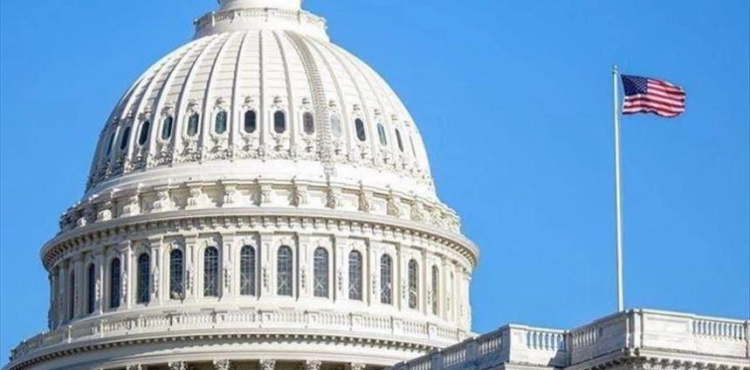US President Joe Biden turned the US strategy on Yemen upside down after he withdrew US support for Saudi Arabia, an ally of Washington, but there is still a long way to go to end the conflict that has been going on for more than six years Years.
Biden´s decisions last week, which included a return from designating the rebels as a terrorist organization, represent a reversal of the policies of his predecessor, Donald Trump, who established a close personal relationship with the kingdom´s rulers and launched a maximum pressure campaign against Iran, the main supporter of the Houthis.
The following are the most prominent repercussions of the new US strategy:
Biden, who also suspended some arms sales to Saudi Arabia before announcing an end to support for it in the conflict, described the Yemen war as "a disaster that must end."
Riyadh has led a military alliance in Yemen since 2015 to support the internationally recognized government, but it has been unable to oust the rebels who control Sanaa and other areas in the north and west of the country.
The Houthis are currently fighting to control the city of Marib, the last government stronghold in the north, which increases pressure on the Saudi-backed forces.
Given Yemen´s complex dynamics, analysts say Biden´s decisions are restoring momentum to a diplomatic solution, but the real challenge to ending the war is finding a compromise acceptable to the myriad armed factions.
"The question is how to end all of the interconnected wars?" Said the expert Gregory Johnsen, who has written about US policy in Yemen.
The appointment of veteran diplomat Timothy Lenderking as the US special envoy to Yemen is expected to boost efforts to end the war.
Biden said Lenderking would support the UN effort for a ceasefire and revive talks between the Houthis and the government.
The rebels say their removal from the terrorist organizations list was a "step towards peace," but they warned that they should be included in the negotiations.
Iran cautiously welcomed the US decision to reduce support for its arch-foe Saudi Arabia, saying this could help fix "mistakes of the past."
However, an expert on Yemeni affairs, Nadwa Al-Dossari, said that canceling the classification of the Houthis as terrorists is a "grave mistake."
"Only pressure will force them to change. Biden lost it for nothing," she said.
The US State Department said that designating the Houthis a "terrorist organization" could exacerbate the major humanitarian crisis in a country on the verge of starvation, a view adopted by aid agencies.
US Senator Chris Murphy considered that the classification "will not affect the Houthis in any practical way, but it will stop the arrival of food and other important aid inside Yemen, and prevent effective political negotiations."
The raging war in Yemen has caused the death of tens of thousands and the displacement of millions, which has generated what the United Nations describes as the world´s worst humanitarian disaster.
Mercy Corps urged Washington to "redouble American and international efforts to increase humanitarian aid in order to reach millions of Yemenis who need food, medical care and other basic services."
After it launched its coalition in 2015, Saudi Arabia became stuck in a military quagmire. Years of strikes have failed to defeat the rebels and retake the capital, Sanaa, and they have steadily expanded their influence in the north of the country.
"With Saudi Arabia´s increasing interest in adopting an exit strategy, there is a real opportunity for Biden to increase momentum," said Farsha Kodofayor, an analyst at the Washington-based Foundation for Defense of Democracies.
But Riyadh fears that leaving Yemen could spark a dangerous rebellion against the kingdom´s security at its southern border.
Biden confirmed that the United States "will help Saudi Arabia to defend its lands and people," and pledged to continue supporting counter-terrorism operations, especially at a time when the extremist Al-Qaeda organization is still active in this country.












